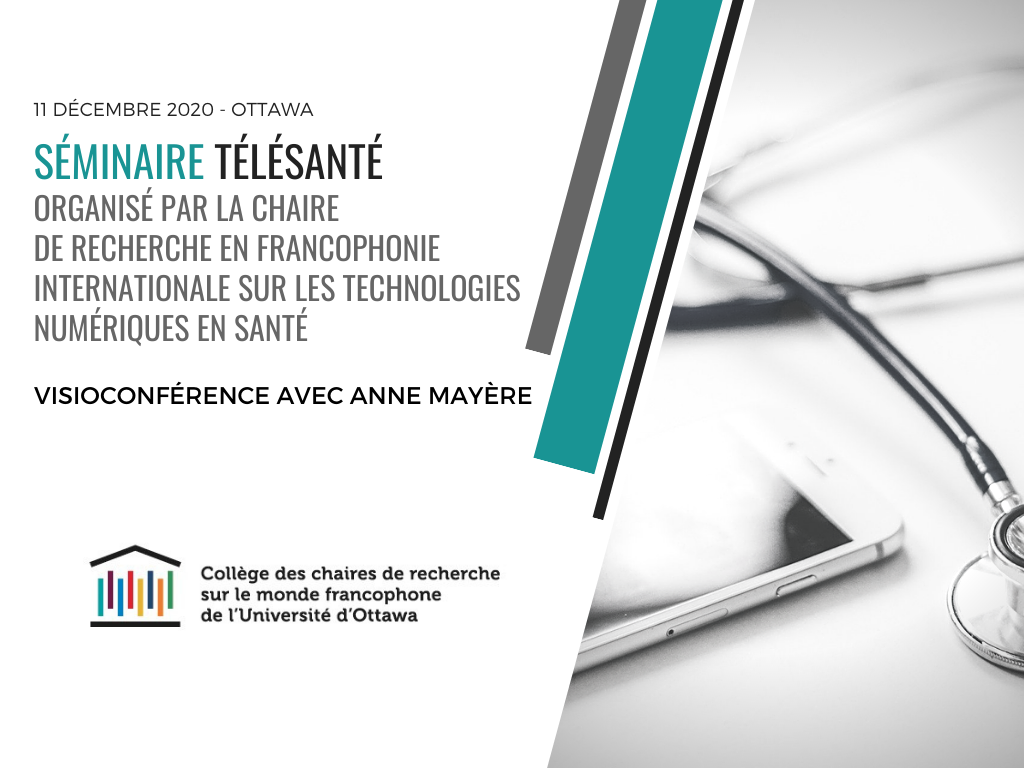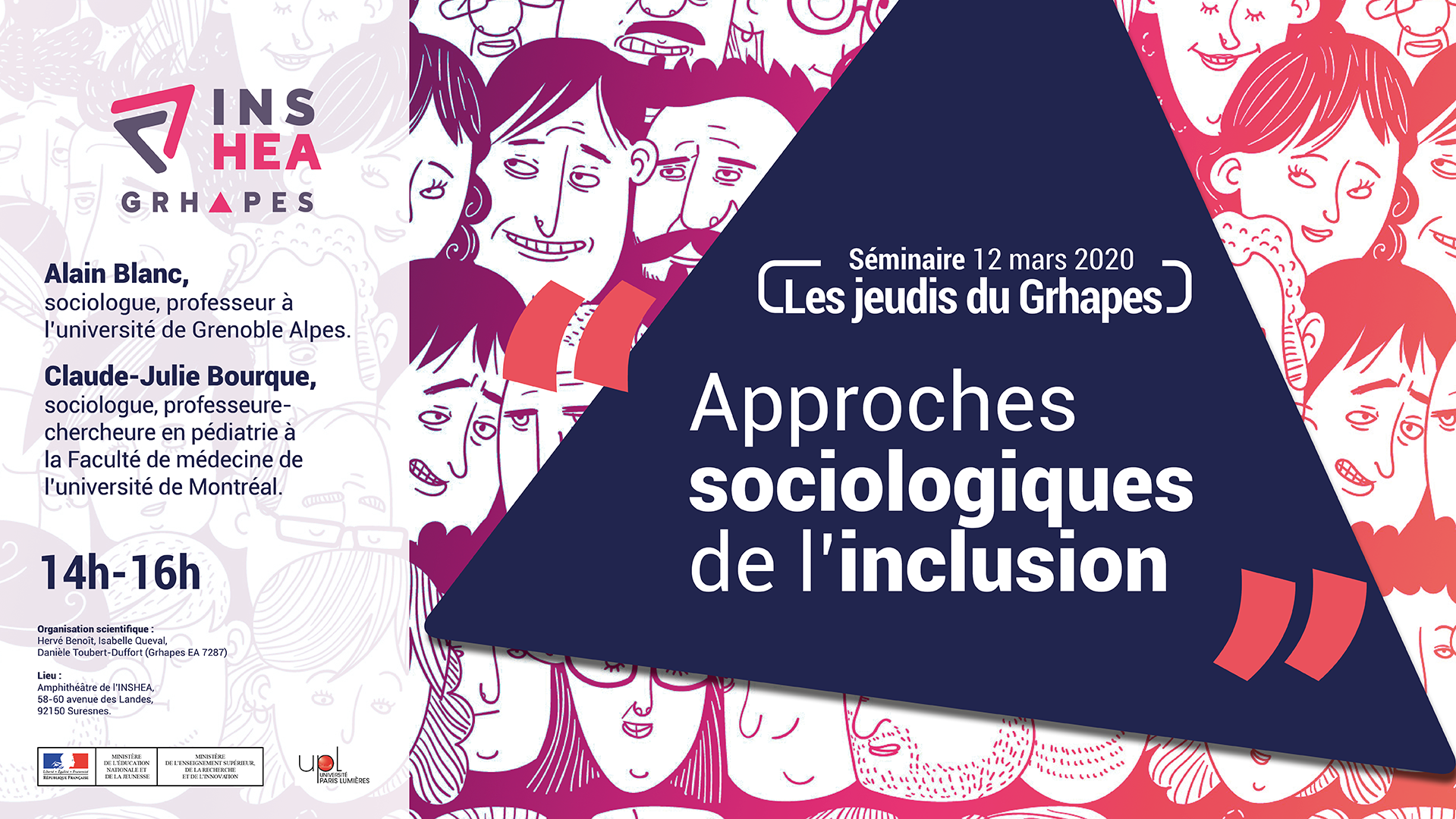Notice
Les prises en charge alternatives du cancer au Canada (1914-1950) / Barbara Clow
- document 1 document 2 document 3
- niveau 1 niveau 2 niveau 3
Descriptif
Points de vue populaires, politiques et professionnels sur les prises en charge alternatives du cancer au Canada (1914-1950) - Popular, political and professional perspectives
on alternative cancer care in Canada, 1914-50 / Barbara Clow. Dans "Histoire du cancer (1750-1950)", colloque international organisé par le laboratoire FRAMESPA (université Toulouse II-Le Mirail), l'Institut Claudius Regaud et le Centre d'Études d'Histoire de la Médecine. Toulouse : Université Toulouse II-Le Mirail, Institut Claudius Regaud, 20-22 janvier 2011.
Thématique 3 : Institutionnalisation de la lutte contre le cancer (1914-1950), 22 janvier 2011.
In many parts of the world, the medical profession spear-headed the fight against cancer during the twentieth century: undertaking research, leading campaigns to build hospitals, advising
governments on public policy, and supporting organizations dedicated to public education. In the process, the medical profession consolidated its leadership of the cancer establishment.
While doctors have undoubtedly been integral to the institutionalization of cancer care, their authority has not been uncontested. In early-twentieth-century Canada, the perspectives of patients, politicians and alternative practitioners also influenced the institutionalization of cancer care, constraining the power of the medical profession to dictate policy, practice standards,
and therapeutic choices.
> [La communication en anglais de M. Charles Hayter est traduite en simultané en français par Madame Solange Hibbs, directrice du Centre de Traduction, d'Interprétation et de Médiation linguistique (CETIM) de l'Université Toulouse II-Le Mirail].
Intervention / Responsable scientifique
Thème
Documentation
Bibliographie sélective
- Negotiating Disease : Power and Cancer Care, 1900-1950. Barbara Clow. McGill-Queen's University Press, 2002, 273 p.
- Medicine: Ensol for Cancer. Time Magazine, Monday, Oct. 14, 1935. [en ligne sur Time.com].
- The Connell Cancer Cure. Journal of the American Medical Association (JAMA) n°105, vol. 14, 1935, pp. 1122-1123.
- Unproven Methods of Cancer Treatment. CA: A Cancer Journal for Clinicians n°3, vol.12, 1962, pp.107-110. [en ligne sur caonline.amcancersoc.org]
> Voir aussi la bibliographie générale dans l'onglet "Documents" de la séance d'ouverture du colloque
Dans la même collection
-
Histoire du cancer (1750-1950) : ouverture du colloque / J.-P. Armand, J.-M. Olivier, P. Cohen
ArmandJean-PierreOlivierJean-MarcCohenPierreHistoire du cancer (1750-1950) : ouverture du colloque / Jean-Pierre Armand, Jean-Marc Olivier, Pierre Cohen. Colloque international organisé par le laboratoire FRAMESPA (université Toulouse II-Le
-
Jean Bergonié à l'origine des centres de lutte contre le cancer / Bernard Hœrni
HœrniBernardJean Bergonié à l'origine des centres de lutte contre le cancer / Bernard Hœrni. Dans "Histoire du cancer (1750-1950)", colloque international organisé par le laboratoire FRAMESPA (université Toulouse
-
Pourquoi certaines tumeurs doivent être ouvertes et d'autres extirpées / Jean-Yves Bousigue
BousigueJean-YvesOuverture ou extirpation : Pourquoi certaines tumeurs doivent être ouvertes et d'autres extirpées / Jean-Yves Bousigue. Dans "Histoire du cancer (1750-1950)", colloque international organisé par le
-
Le cancer à travers les consultations épistolaires envoyées au docteur Samuel Tissot / Nahema Hanafi
HanafiNahemaLe cancer à travers les consultations épistolaires envoyées au docteur Samuel Auguste Tissot / Nahema Hanafi. Dans "Histoire du cancer (1750-1950)", colloque international organisé par le laboratoire
-
Les sciences humaines et sociales et leur place dans la lutte contre le cancer : table ronde
FoucaultDidierPoulainJean-PierreCazauxChristopheLes sciences humaines et sociales et leur place dans la lutte contre le cancer : table ronde. Présentée par Pierre C. Lile et avec Jean-Pierre Poulain, Christophe Cazaux, Didier Foucault. Dans
-
Agir contre le cancer dans les hospices civils de Toulouse de 1880 à 1914 / Bérengère Lacassagne
LacassagneBérengèreAgir contre le cancer dans les hospices civils de Toulouse : bistouri et rayons au cœur de la prise en charge des malades de 1880 à 1914 / Bérengère Lacassagne. Dans "Histoire du cancer (1750-1950)",
-
Vaincre le cancer de l'utérus : de la "fureur opératoire" aux débuts de la radiothérapie. Le cas de…
RenaudetIsabelleVaincre le cancer de l'utérus : de la "fureur opératoire" aux débuts de la radiothérapie. Le cas de l'Espagne, des années 1880 à la Première Guerre mondiale / Isabelle Renaudet. Dans "Histoire du
-
Le cancer du sein au XVIIIe siècle, des questions qui restent sans réponses / Jacques Rouëssé
RouësséJacquesLe cancer du sein au XVIIIe siècle, des questions qui restent sans réponses / Jacques Rouëssé. Dans "Histoire du cancer (1750-1950)", colloque international organisé par le laboratoire FRAMESPA
-
Expérimentation et thérapeutique : le cas Doyen (1859-1916) / Anne Carol
CarolAnneExpérimentation et thérapeutique : le cas Doyen (1859-1916) / Anne Carol. Dans "Histoire du cancer (1750-1950)", colloque international organisé par le laboratoire FRAMESPA (université Toulouse II-Le
-
Les médecins de la Grande Guerre : utopie et progrès dans le traitement du cancer / Alain Denax
DenaxAlainLes médecins de la Grande Guerre : utopie et progrès dans le traitement du cancer / Alain Denax. Dans "Histoire du cancer (1750-1950)", colloque international organisé par le laboratoire FRAMESPA
-
Théodore Marie et Joseph Ducuing: approches de la lutte contre le cancer à Toulouse / Olivier Munoz
MunozOlivierThéodore Marie et Joseph Ducuing : deux approches de la lutte contre le cancer à Toulouse dans l’entre-deux-guerres / Olivier Munoz. Dans "Histoire du cancer (1750-1950)", colloque international
-
L'organisation de la lutte contre le cancer au Canada (1914-1950) / Charles Hayter
HayterCharlesD'une médecine privée à un problème de santé publique : l'organisation de la lutte contre le cancer au Canada (1914-1950) - From Private Practice to Public Problem: the Organization of Cancer Control
Sur le même thème
-
Utiliser la lumière pour comprendre la matière
ChapronDavidDavid Chapron, enseignant-chercheur du LMOPS (Laboratoire Matériaux optiques, photonique et systèmes), présente la technique de spectroscopie Raman dont il est l'un des spécialistes français.
-
02. Faire de son mieux (Avec Nathalie Vallet-Renart)
Vallet-RenartNathaliePodcast animé par Romain Poncet, ingénieur de recherche en sociologie.
-
01. Le soin du détail (Avec Emilie Chanel)
PoncetRomainChanelEmilieCe podcast est proposé par la Chaire Valeurs du Soin, animé par Romain Poncet, ingénieur de recherche en sociologie.
-
Place du brevet dans la recherche d'un laboratoire
DutreixMarieGirardPierre-MarieInterview : la place du brevet dans la recherche d'un laboratoire par Marie Dutreix, directrice de recherche à l'institut Curie.
-
Influence des comportements de santé sur le jugement des femmes consommatrices et atteintes de canc…
AuriolCamilleLes doctorants des universités de Toulouse (UT1C/UT2J/UT3) et de l'Université de Québec à Montréal (UQAM) ont organisé un séminaire de présentation et d'échanges autour de leurs travaux de recherche,
-
[FAB.ISS] Session #5 La fabrique des inégalités sociales de santé et cancer(s)
NicaiseSarahMayèreAnneTerralPhilippeGaboritEmilieDefossezAdrienBartheJean-FrançoisSymposium International FAB.ISS - Ce symposium proposé en 2020 en visioconférence s'intéresse à la fabrique des inégalités sociales de santé, du point de vue des disciplines de sciences humaines et
-
Explorer les impensés de dispositifs de télé-surveillance sur les patient.e.s et leurs modes de vie
MayèreAnneLa conférence du Pr. Anne Mayère (CERTOP, IFERISS, Université de Toulouse, France) est organisée dans le cadre du séminaire télésanté de la Chaire de recherche en francophonie internationale sur les
-
Les jeudis du Grhapes : « Approches sociologiques de l'inclusion », Claude-Julie Bourque, sociolog…
« Approches sociologiques de l'inclusion » Guérir, et puis après... ? Claude-Julie Bourque, sociologue, professeure-chercheure adjointe au département de pédiatrie de la Faculté de médecine de
-
SFjRO Rouen 2019 - Bases physiques et biologie de la proton thérapie
Bases physiques et biologie de la proton thérapie
-
SFjRO Rouen 2019 - Radiosensibilité et apoptose lymphocytaire
Radiosensibilité et apoptose lymphocytaire
-
SFjRO Rouen 2019 - Applications cliniques de la protons thérapie
Applications cliniques de la protons thérapie
-
SFjRO Rouen 2019 - Association therapie systémique et radiothérapie
Association therapie systémique et radiothérapie

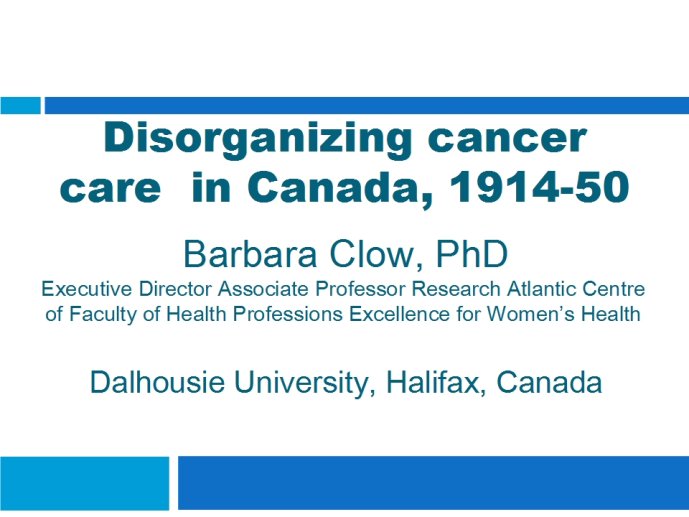
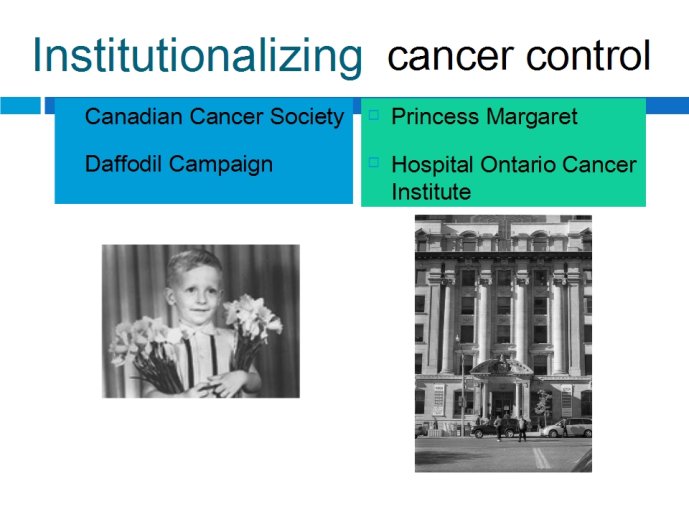
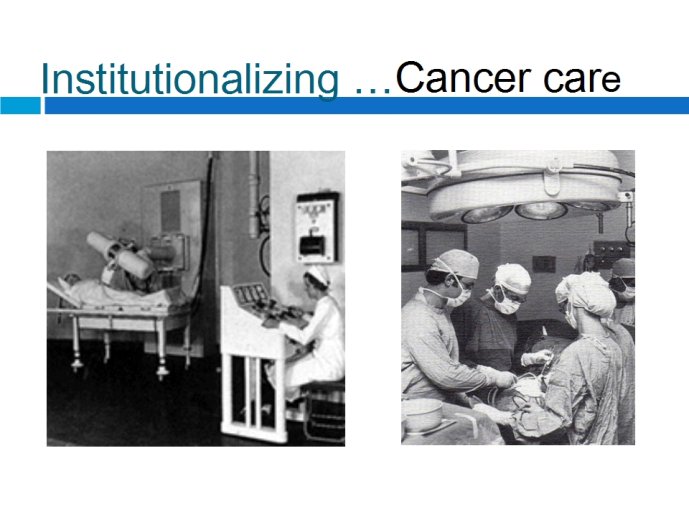
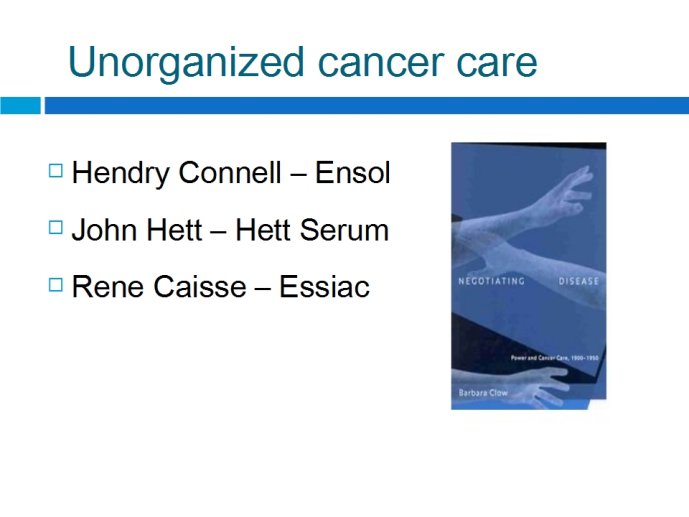
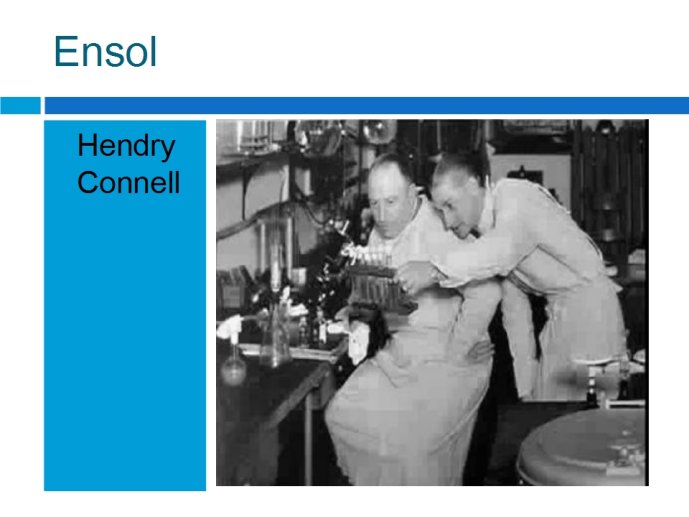
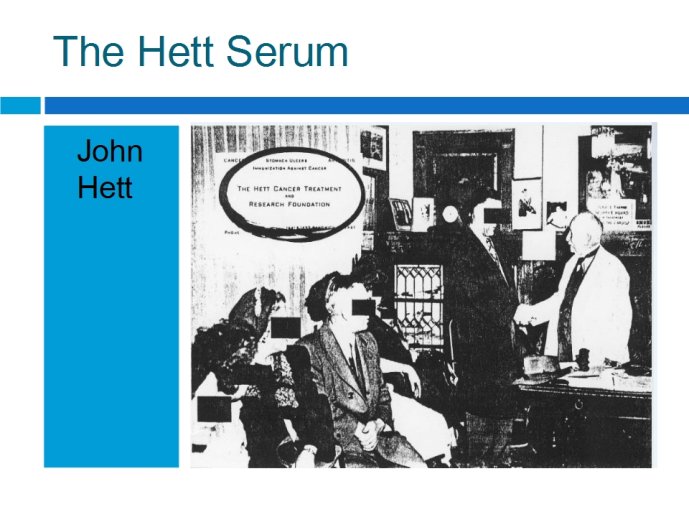
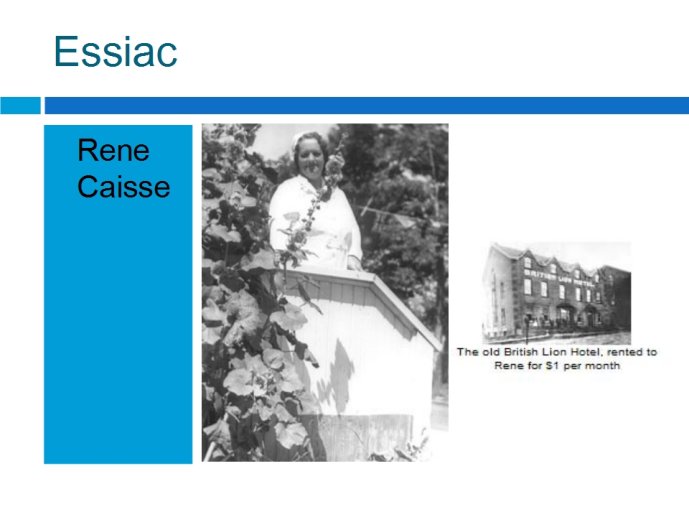
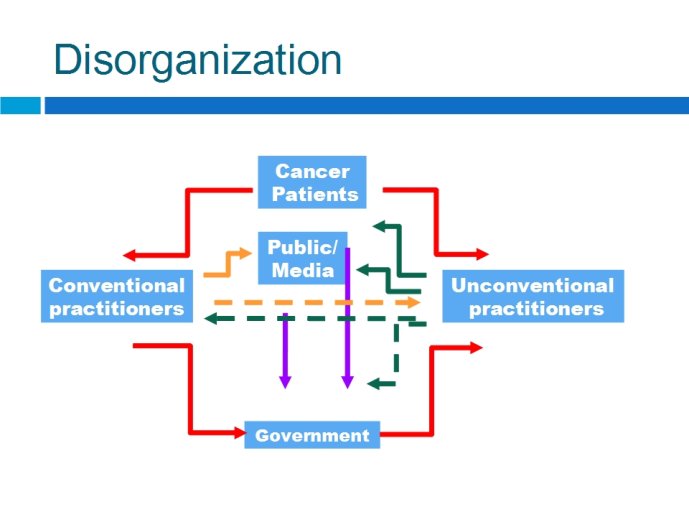
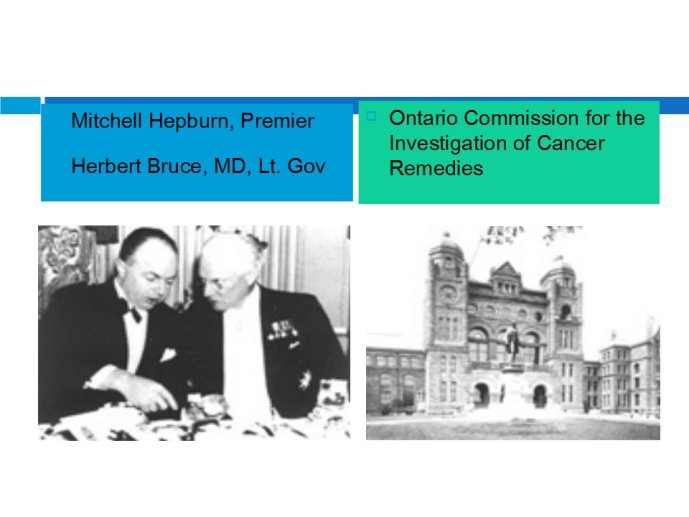
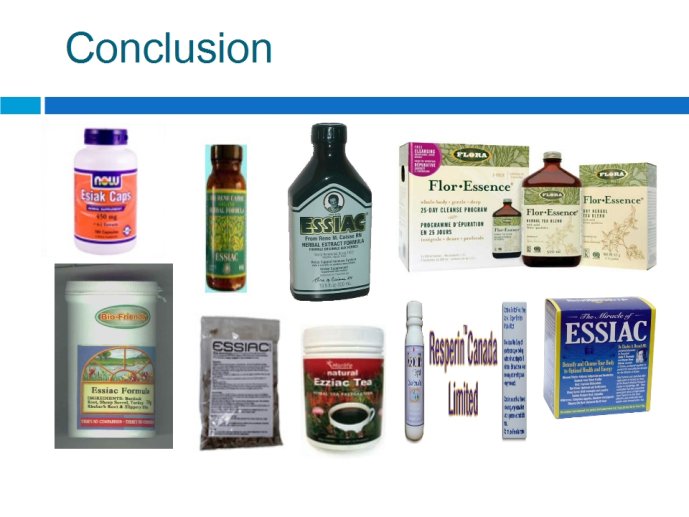

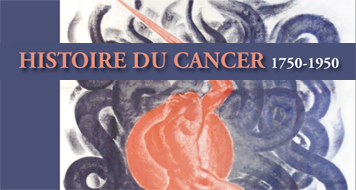











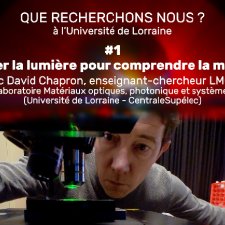

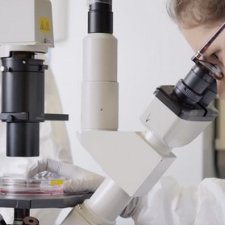
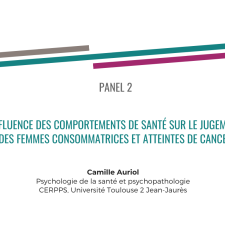
![[FAB.ISS] Session #5 La fabrique des inégalités sociales de santé et cancer(s)](https://vod.canal-u.tv/videos/media/images/iferiss/.fab.iss.session.5.la.fabrique.des.inegalites.sociales.de.sante.et.cancer.s._59509/7.png)
